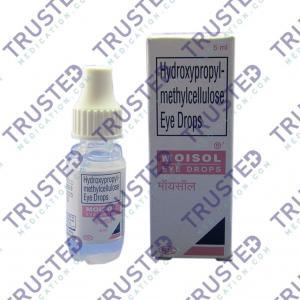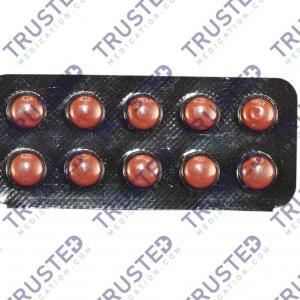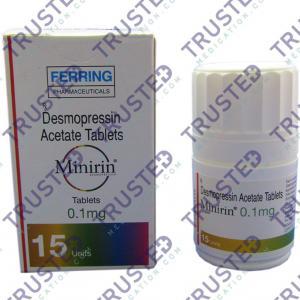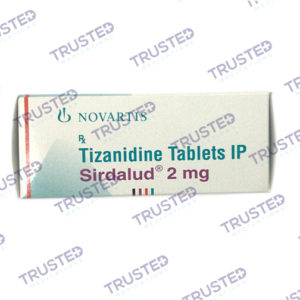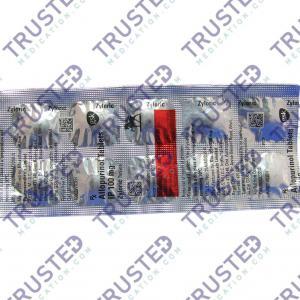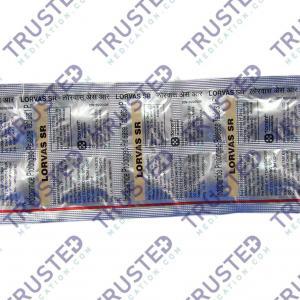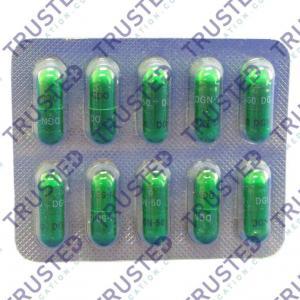
Antiemetic drugs are medications used to treat vomiting and nausea. Though vomiting is considered to be a protective reflex of the body to expel toxic elements in the stomach and gut, these drugs are often important to suppress vomiting, especially if there’s severe dehydration.
How Do Antiemetic Drugs Work?
They work by interfering with the neurotransmitter receptors involved in vomiting. Neurotransmitters are the cells that receive the indications to send a nerve impulse. The passageways that control these bodily responses are complex. The type of drug used will depend on the cause.
What are Antiemetic Drugs Used For?

These are taken to treat vomiting and nausea. Vomiting and nausea can be symptoms of numerous conditions, such as upper abdominal irritation, motion sickness, gastroenteritis, and food poisoning. Vomiting and nausea are also common side effects of many drugs including anesthetics, opioid analgesics, and chemotherapy directed against cancer. Note that this medication is not recommended for pregnant women to treat morning sickness.
How to Take Antiemetic Drugs?
It can be taken as sublingual, oral solutions tablets, transdermal patches, suppositories, or intravenous injections. Make sure you read the labels and follow your doctor’s instructions when taking this medication. For mild cases of nausea or vomiting, try an herbal therapy like ginger.
What are the Side Effects of Antiemetic Drugs?
Antiemetics are generally well-tolerated but can have potential side effects, such as:
- Constipation
- Lightheadedness
- Diarrhea
- Blurry vision
- Dizziness
- Headache
- Dry mouth
- Photosensitivity
What are the Types of Antiemetic Drugs?
- For motion sickness. These are available as OTC. They work by keeping your inner ear from fully sensing motion.
- For stomach flu. Stomach flu, or gastroenteritis, is caused by a virus or bacteria. OTC medications work by coating your stomach lining. You can also try OTC glucose, fructose, or phosphoric acid.
- For chemotherapy. Nausea and vomiting are common parts of chemotherapy treatment. Taking prescriptions before and after chemotherapy can prevent symptoms.
- For surgery. Postoperative nausea and vomiting can be caused by the anesthesia used during surgery.
- For morning sickness. It is common during pregnancy. However, antiemetic drugs aren’t usually prescribed unless the sickness is severe. Hyperemesis gravidarum is a pregnancy complication that causes severe nausea and vomiting. If you have this condition, your doctor may prescribe antihistamines, dopamine, or other recommendations.
When Should You Take Antiemetic Drugs?
To have the best antiemetic effect, it is necessary to use antiemetics correctly. The time of taking antiemetic drugs is one of the important factors that directly affect the effectiveness of the drug. It is necessary to take the drug for at least 30 minutes before vomiting. That is the minimum amount of time for drugs that block the receptors to produce an antiemetic response.
Not all medications are approved in each of these classes for vomiting and nausea. These medications can be an effective option, especially when these symptoms are caused by chemotherapy. If you are taking a prescription and it is not working, it is best to contact your healthcare provider.
What are the Common Antiemetic Drugs?
- Pantoprazole + Domperidone. It is a dopamine antagonist that is used for acidity and heartburn. This drug is used to treat patients who suffer from gastrointestinal problems. It reduces the symptoms of vomiting and nausea to occur.
- Pantoprazole. This drug is also known as a proton-pump inhibitor. It cures stomach issues such as GERD, peptic ulcer, and acid reflux. It can be used along with other drugs in treating an ulcer and controlling nausea and vomiting.
- Domperidone. It belongs to the dopamine antagonist group of drugs. It prevents the tendency of vomiting and nausea among patients with gastrointestinal problems and some medications like an anti-cancer drugs.
Warnings and Precautions When Using Antiemetic Drugs
- Do not self-medicate if you are pregnant or breastfeeding. Talk to your doctor about the best solution for nausea and vomiting.
- Consult a doctor before giving medication to children especially if they have other health conditions.
- Follow the dosing instructions carefully when taking this medication. Avoid double dosing as it can lead to severe symptoms.
- Store in a cool dry place. Do not ingest if the packaging is not sealed properly or if the medication is discolored.

